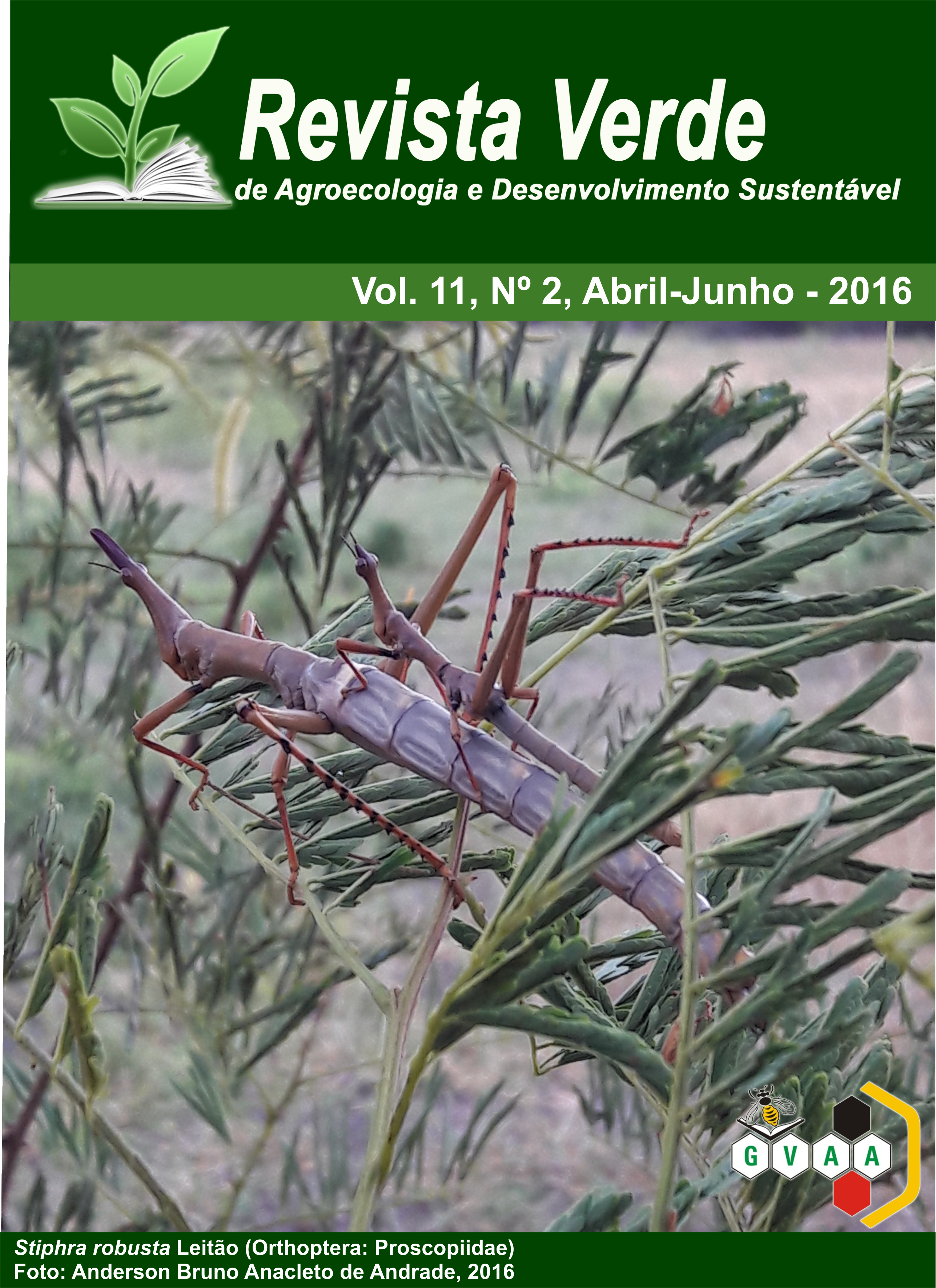Influência da temperatura de secagem em leito de jorro sob as características físico-químicas do repolho roxo
DOI:
https://doi.org/10.18378/rvads.v11i2.4447Keywords:
Brassica oleracea var. capitata, desidratação, físico-químico.Abstract
O repolho é uma hortaliça folhosa com grande valor nutritivo e poder antioxidante, porém rapidamente deteriora-se pelo elevado teor de água. O processo de desidratação de polpa ou purê de frutas e hortaliças tem sido amplamente empregado, devido a preservação das qualidades nutricionais e por sua vez, a secagem em leito de jorro vem sendo amplamente utilizada por atender principalmente esse requisito. Embora os resultados relativos à qualidade dos pós, indiquem a viabilidade do leito de jorro, faz-se necessários estudar qual a influência da temperatura nas características físico-químicas do pó obtido. Tendo em vista todos os argumentos mostrados, o presente trabalho tem como objetivo estudar a influência da temperatura do leito de jorro nas características físico-químicas do repolho roxo. Primeiramente foi obtido o sumo e a caracterização físico-químico do mesmo, em seguida o mesmo foi desidratado em leito de jorro nas temperaturas de 60, 70 e 80 °C e posteriormente os pós obtidos foram submetidos a avaliação físico-química: atividade de água, teor de água, pH, acidez total titulável, teor de sólidos solúveis (°Brix) e cor. Os valores de atividade de água e acidez diminuíram com o aumento da temperatura ocorrendo o inverso para os outros parâmetros. Sendo verificada uma influência significativa da temperatura sob os parâmetros físico-químicos.
Influence of drying temperature in spouted bed under the physicochemical characteristics of red cabbage
Abstract: Cabbage is a leafy vegetable with high nutritional value and antioxidant power, but quickly deteriorates because of the high water content. The pulp or mashed fruits and vegetables dehydration process has been widely used due to preservation of nutritional quality, and in turn, the drying in spouted bed has been widely used to cater mainly this requirement. Although the results on the quality of post indicate the feasibility of the spouted bed, it is necessary to study the influence of temperature on the physicochemical characteristics of the resulting powder. In view of all arguments shown, the present work aims to study the influence of the spouted bed temperature on the physicochemical characteristics of the purple cabbage. First was obtained juice and physicochemical characterization of it, then it was dried in spouted bed at temperatures of 60, 70 and 80 ° C and then the powders were subjected to physicochemical evaluation: water activity , water content, pH, titratable acidity, soluble solids (° Brix) and color. The water activity and acidity values decreased with increasing temperature, the opposite occur for the other parameters. It is verified a significant influence of temperature on the physical and chemical parameters.














